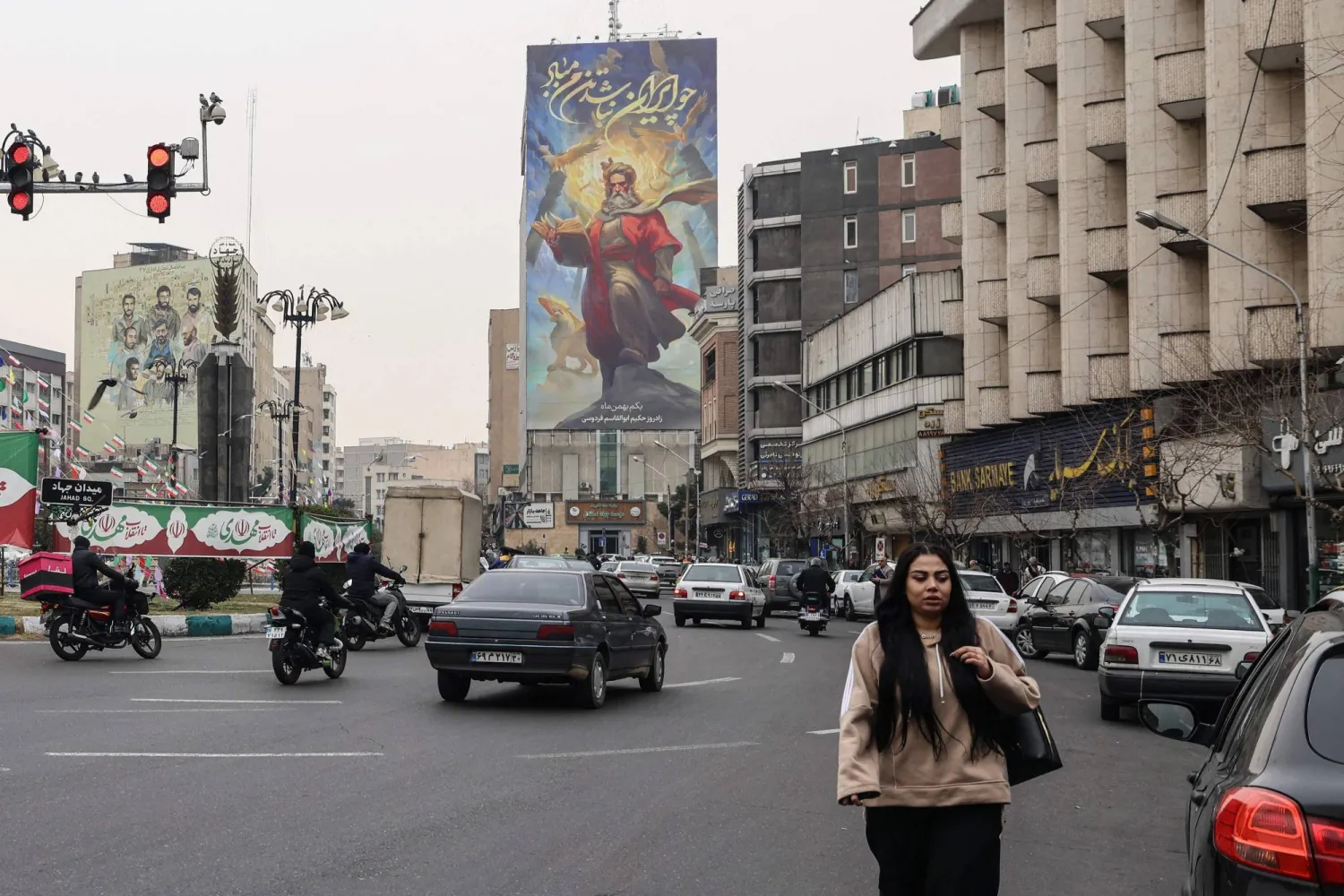German Foreign Minister Annalena Baerbock will travel to Israel Sunday for her fourth visit since the outbreak of the Gaza war, a ministry spokesman said.
Baerbock will hold talks with Israel's new Foreign Minister Israel Katz, as well as President Isaac Herzog, foreign ministry spokesman Sebastian Fischer told a regular press conference on Friday.
She will also meet with Palestinian Authority president Mahmoud Abbas and foreign minister Riyad al-Maliki.
Baerbock will subsequently travel to Egypt to meet with her counterpart Sameh Shoukry and also planned to visit Lebanon, according to AFP.
The talks would focus on the "dramatic humanitarian situation in Gaza, the situation in the West Bank and the extremely volatile situation on the Israel-Lebanon border", as well as efforts to secure the release of more Hamas hostages, Fischer said.
Baerbock said at a Berlin press conference on Friday that the Israelis and Palestinians would "only be able to live side by side in peace if the security of the one means the security of the other".
"Our position on the so-called day after is very clear," she said, speaking alongside her counterpart from Luxembourg.
"There must be no occupation of the Gaza Strip, no expulsions and no reduction in the size of the territory. And at the same time there must be no more danger to Israel from the Gaza Strip," Baerbock said.
Fears have grown that the conflict between Israel and Hamas could spread, after one of the militant group's leaders was assassinated in the Beirut suburbs.
In addition to the killing, widely assumed to have been carried out by Israel, the Israeli army has for months traded tit-for-tat fire across the border with Hezbollah militants.
The risk of escalation was "very real", Fischer said. Germany on Wednesday urged its citizens to leave Lebanon as quickly as possible.
Relentless Israeli bombardment and its ground invasion in Gaza after Hamas's October 7 attack have killed at least 22,438 people, most of them women and children.









